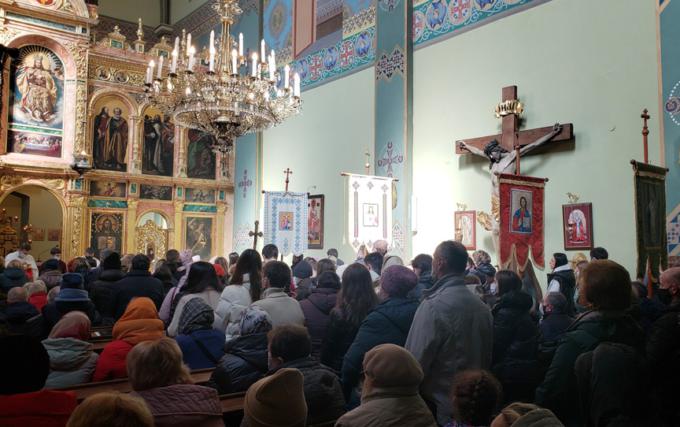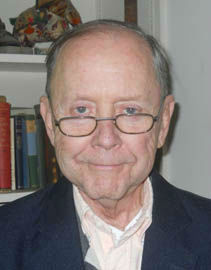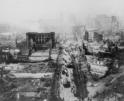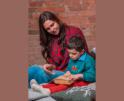
Culture
Holy Week this year is a time for solidarity with those suffering from the terrible events in Ukraine -- the dead, the wounded, the bereaved, Ukrainians and also Russians -- all thrust by someone else's ruthlessness into a conflict they neither sought nor deserved.

Shaw
Holy Week, the week of Christ's suffering and death, has a special name this yea -- Ukraine. Let Caryll Houselander explain why that's so:
"For us, this war is the passion of Christ. There is no need now to dwell on its cruelty. . . .
To the natural eye it seems that out of this war nothing could possibly result but bitterness, hatred, and ruin; and indeed, nothing else could result from it were it not for one person -- Jesus Christ, our Lord."
These are the opening words of Houselander's remarkable book "This War Is the Passion."
Written as bombs rained down on London during the Nazi blitz, the book first appeared in 1941, and the war Houselander had in mind was naturally World War II, then at a point when all seemed lost. But her words still stand, as I'm sure she intended, not just for that war but for every war in every time and place.
Houselander, one of the finest spiritual writers of the last -- or any -- century, wrote within a theological tradition that begins with St. Paul and understands the Church as the Mystical Body of Christ in a real, not merely metaphorical sense. Viewed this way, the experience of human suffering is seen as being a form of sharing in the passion of Christ. And understood like that, the war in Ukraine, with all its suffering and horror, also is a participation in Jesus' suffering.
Pope St. John Paul II develops this theology at length in his 1984 document on "the Christian meaning of human suffering," "Salvifici Doloris," a profound meditation on Paul's statement in his letter to the Colossians: "I fill up what is lacking in the sufferings of Christ for the sake of his body, the church" (Col 1: 24).
Membership in the Mystical Body necessarily involves a unique solidarity among the members, and suffering plays a special role in this, contributing to what St. Augustine calls the "common treasury" of merit. "Into this common treasury," he wrote, "each pays what he owes, and according to each one's ability we all contribute our share of suffering. The full measure of the passion will not be attained until the end of the world."
But what about those who are not visibly members of Christ's Church? The French philosopher Jacques Maritain gave a bold answer to that. Such people, he wrote, are "making manifest the same agony" that Jesus expressed in his final cry of abandonment from the cross.
Speaking of those he called "the great flock of the truly destitute, of those dead without consolation," Maritain asked, "Would Christ not take care of those who bear this mark of his agony? How could it happen that their very forsaking itself would not serve as the signature of their belonging to the crucified Savior?"
Holy Week this year is a time for solidarity with those suffering from the terrible events in Ukraine -- the dead, the wounded, the bereaved, Ukrainians and also Russians -- all thrust by someone else's ruthlessness into a conflict they neither sought nor deserved.
And the message of Holy Week must finally be the message of this war. Give Houselander the final word on that:
"Love alone, love only, can save us from being swamped and swept away by the evil passions that war must let loose. . . . If we dare now to act by faith and to let his love be as strong in us as his pain is, then it will bear fruit, in proportion to its magnitude of grief."
- Russell Shaw is the author of more than twenty books. He is a consultor of the Pontifical Council for Social Communications and served as communications director for the U.S. Bishops.
Recent articles in the Culture & Events section
-
Boston and the nation respond to the San Francisco Earthquake of 1906Thomas Lester
-
See you in the storyLaura Kelly Fanucci
-
'Dignitas' and the mediaRussell Shaw
-
Scripture Reflection for April 14, 2024, Third Sunday of EasterDeacon Greg Kandra
-
St. Helena's House is established in the South EndThomas Lester


















